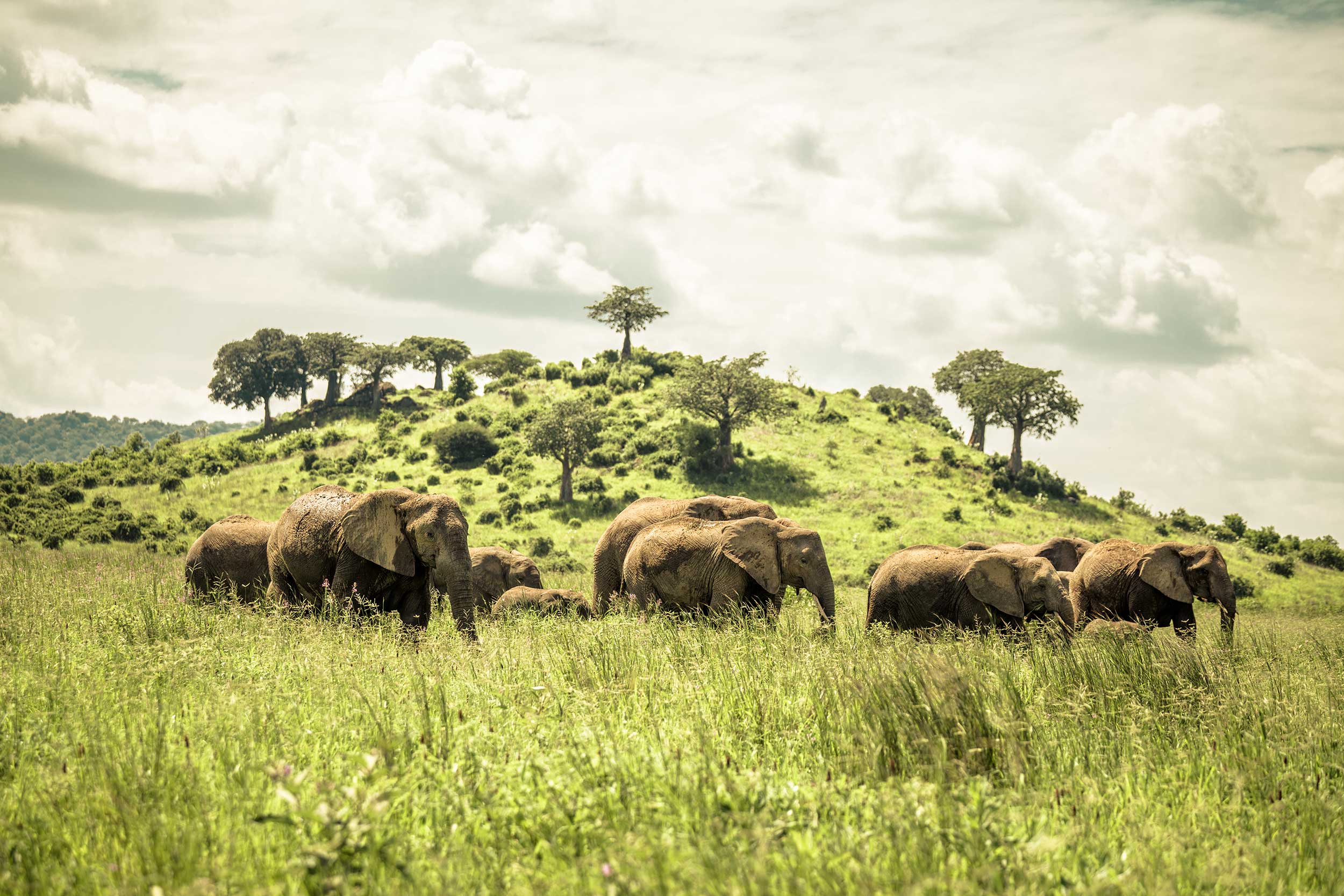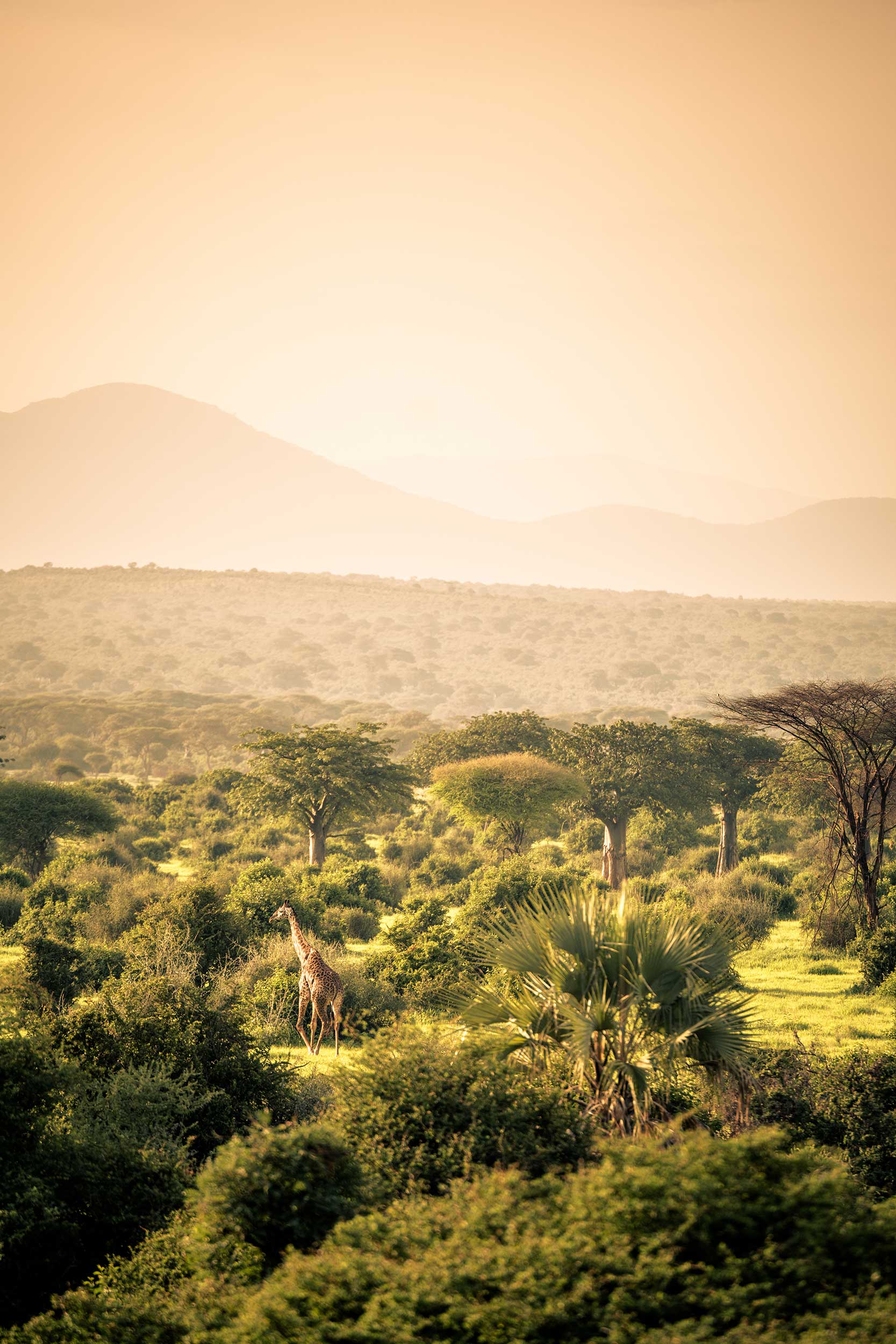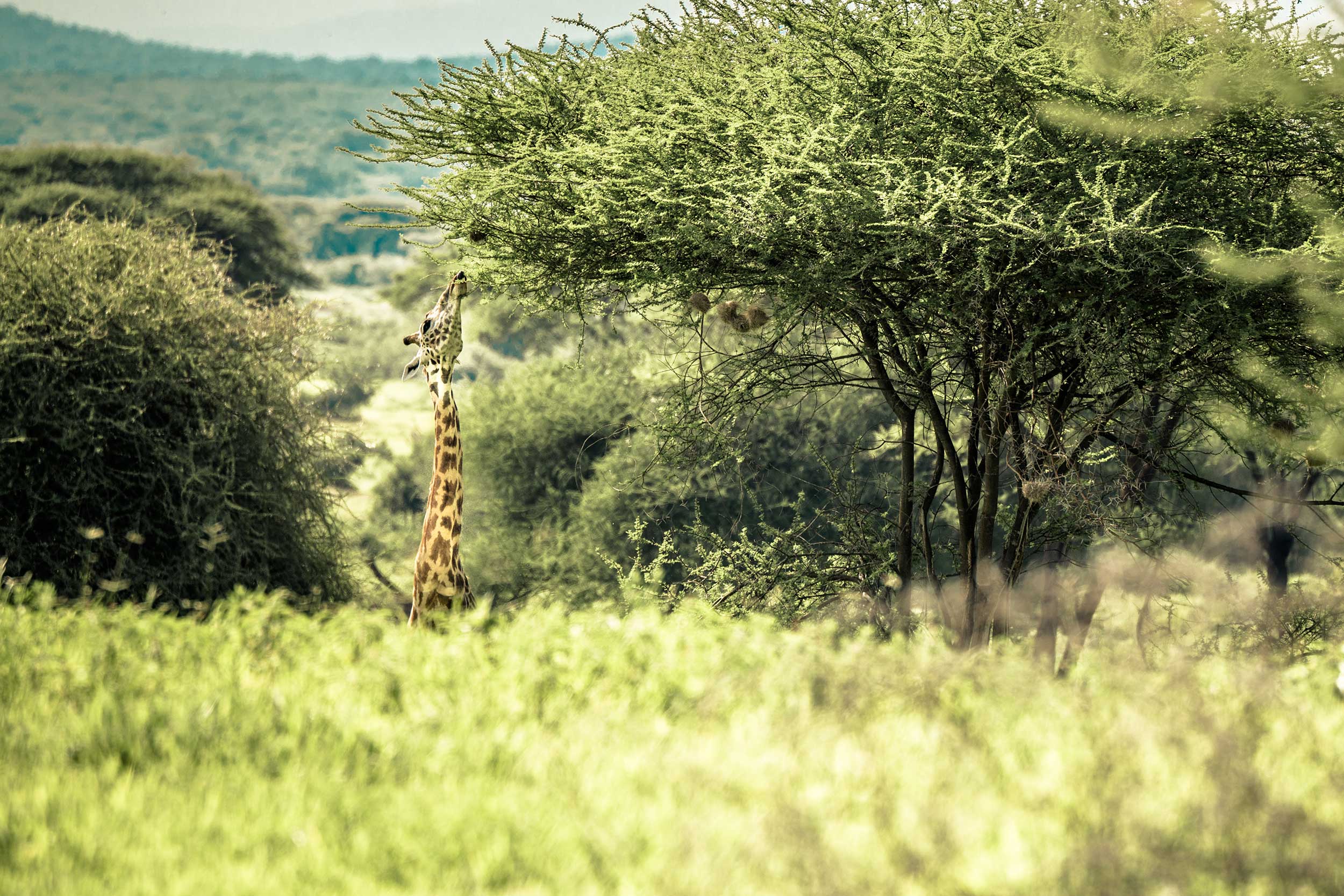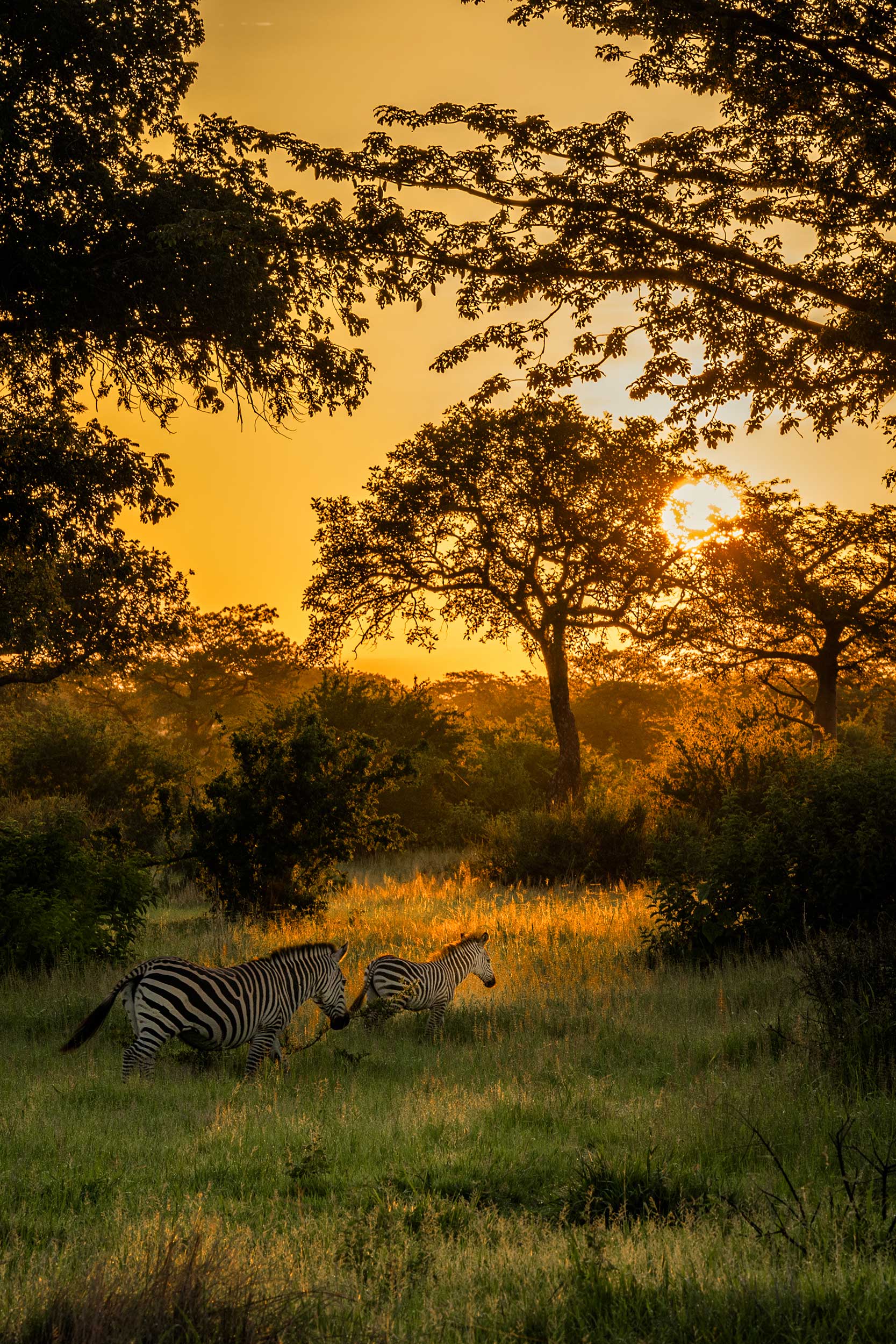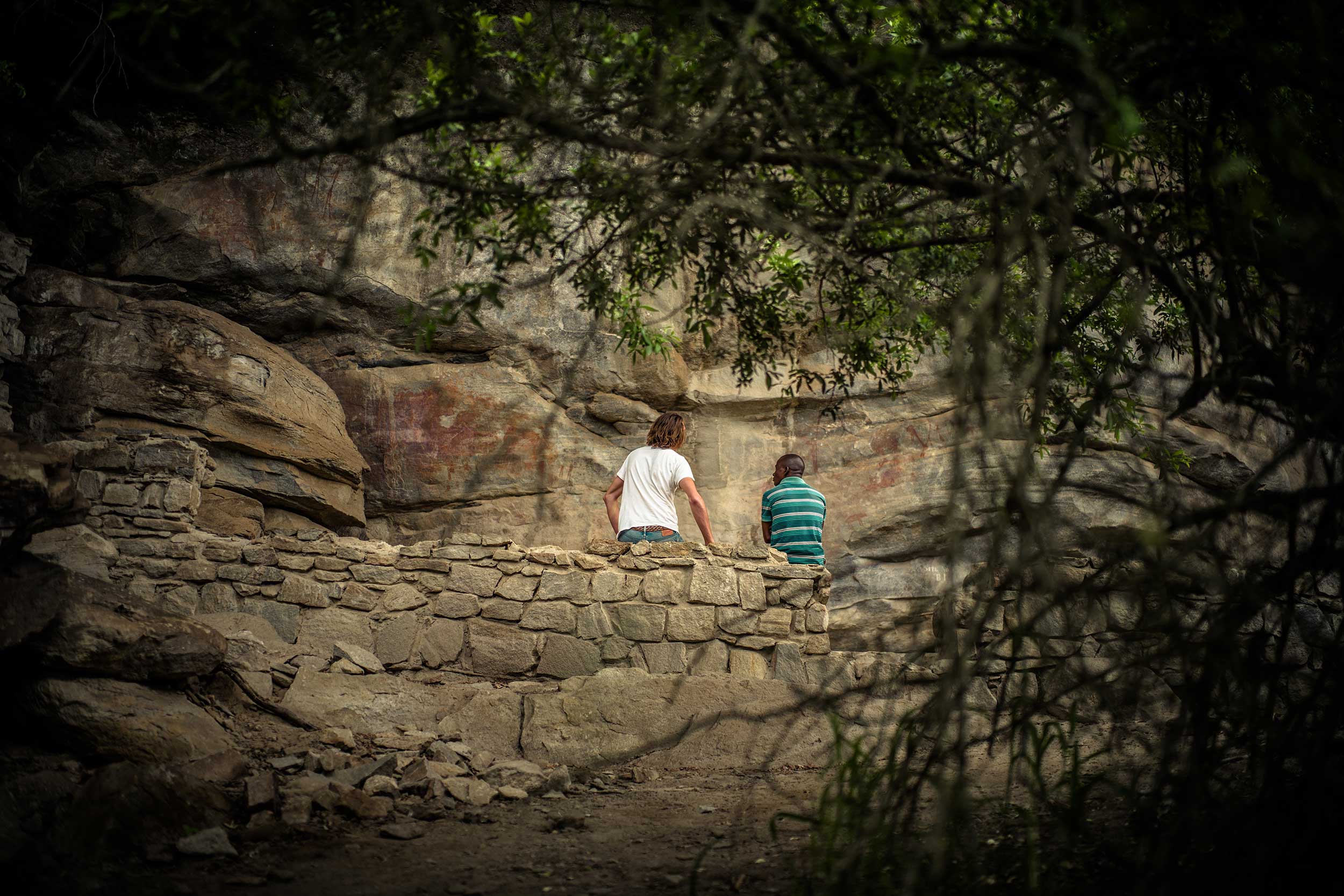Untold hunts & gathers
Time for another update from the Untold team in Tanzania. The last days we’ve been working relentlessly on our upcoming book about Tanzania. We drove down South where our first encounter was with the Hazabe. This is the oldest tribe of hunter/gatherers still in existence. On a side note, we’re talking about the real deal, not the choreographed show most tourists get to see. The Hazabe men, women and children live in an extremely remote and unforgiving region with very little water. They sometimes spend up to 7 days without drinking water! We were fortunate enough to live two days with these amazing people in their natural habitat and discovered how they really live. We went along with the women on their search for nutritious roots and fruit, which sometimes is their only means to stay hydrated. In the early morning of the next day we joined the men on their hunting expedition. The Hazabe are a closely knit community where the adults sleep under the open sky to let the children sleep in huts. They live in close harmony with nature and the elements and have no notion of time, they completely live in the now. This was a truly humbling, thought provoking and exhilarating encounter with the last tribe of hunter gatherers on our planet.
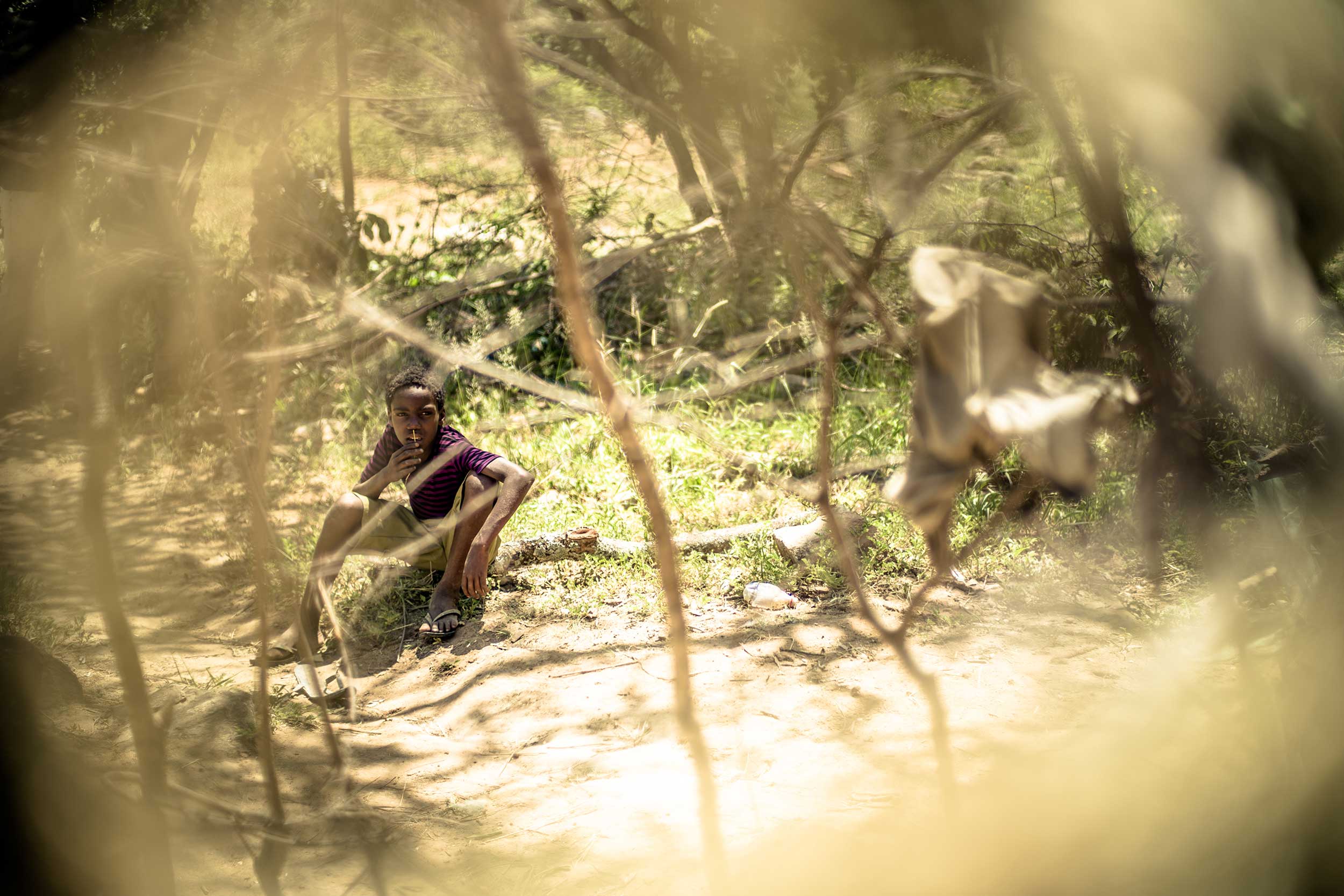
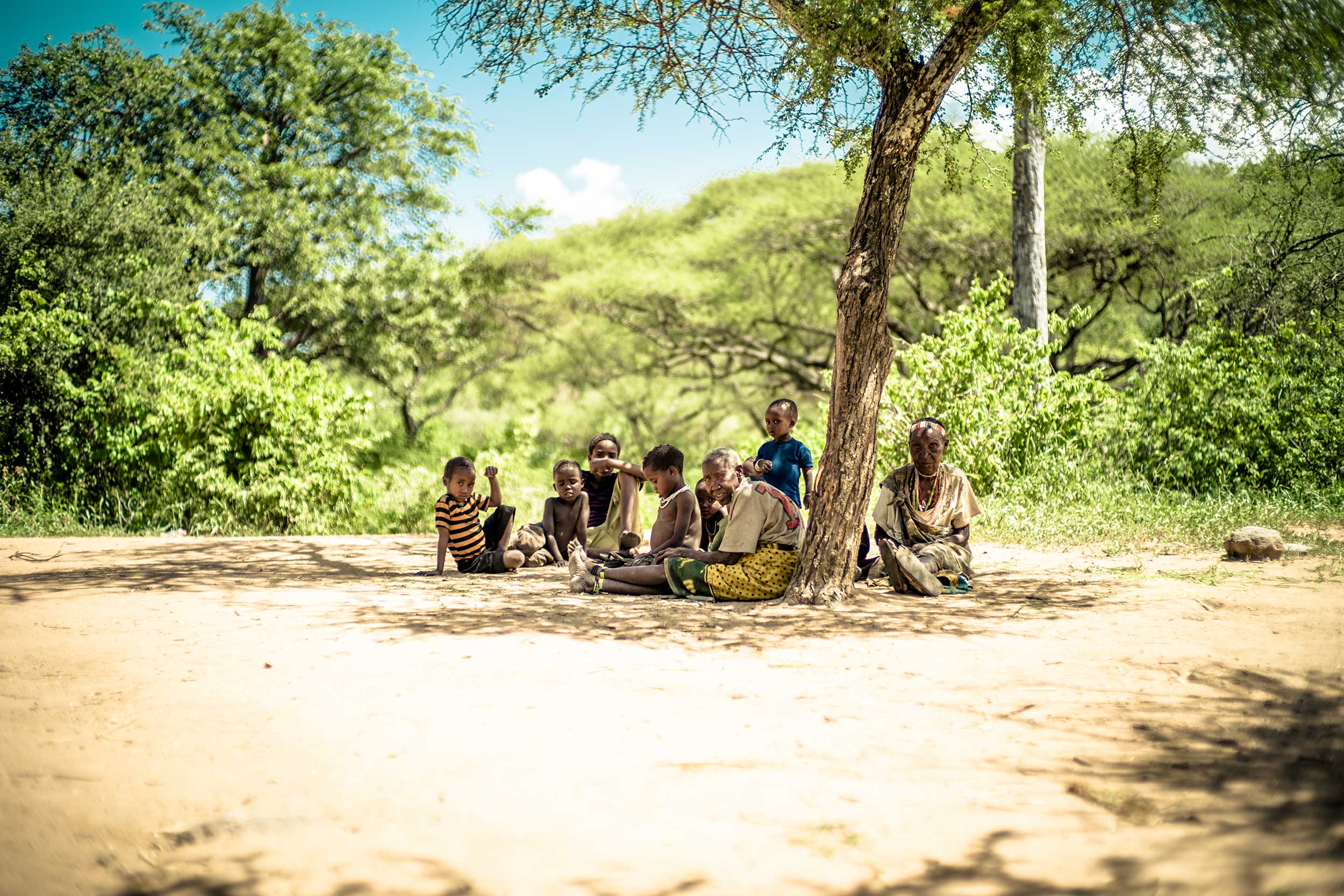
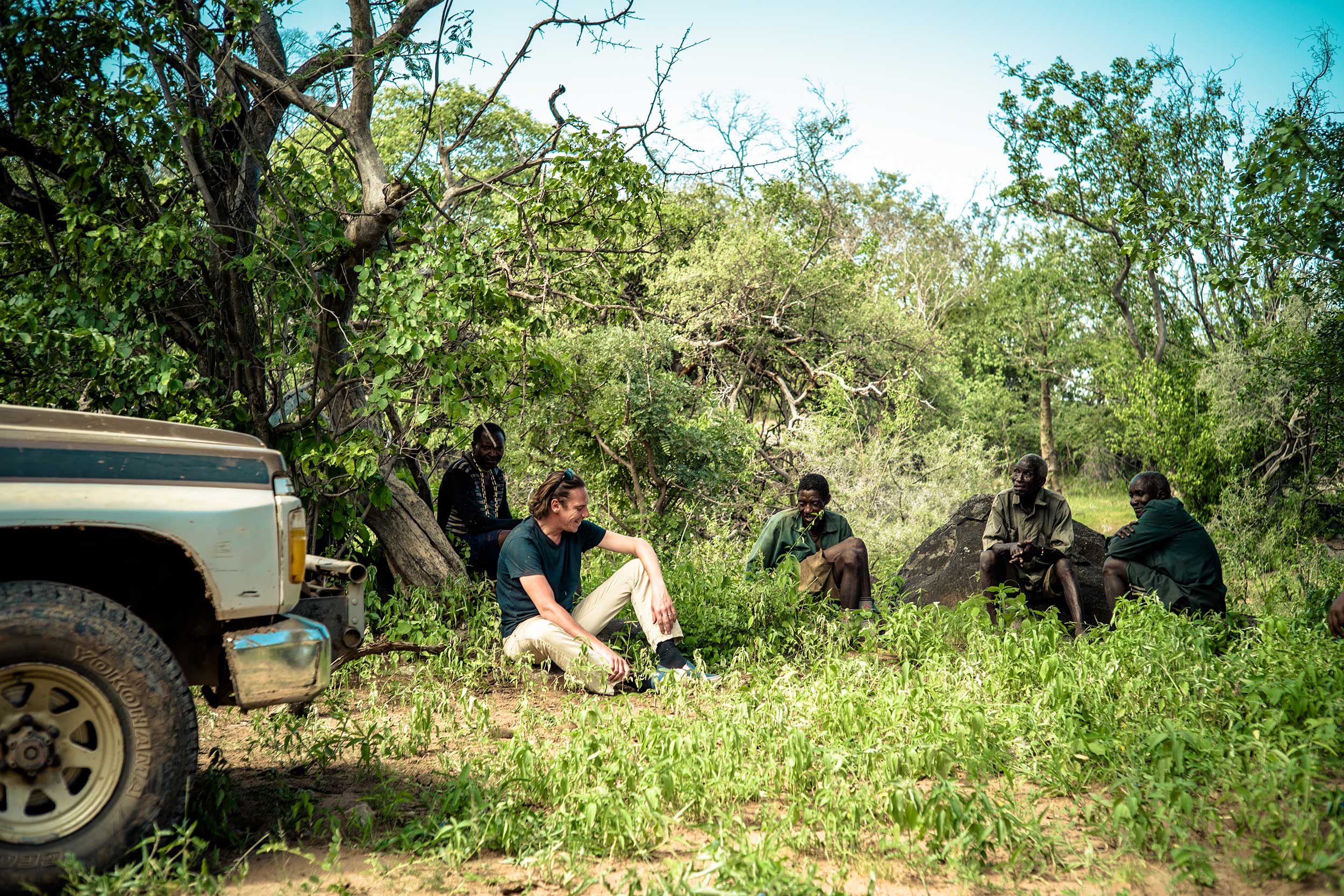
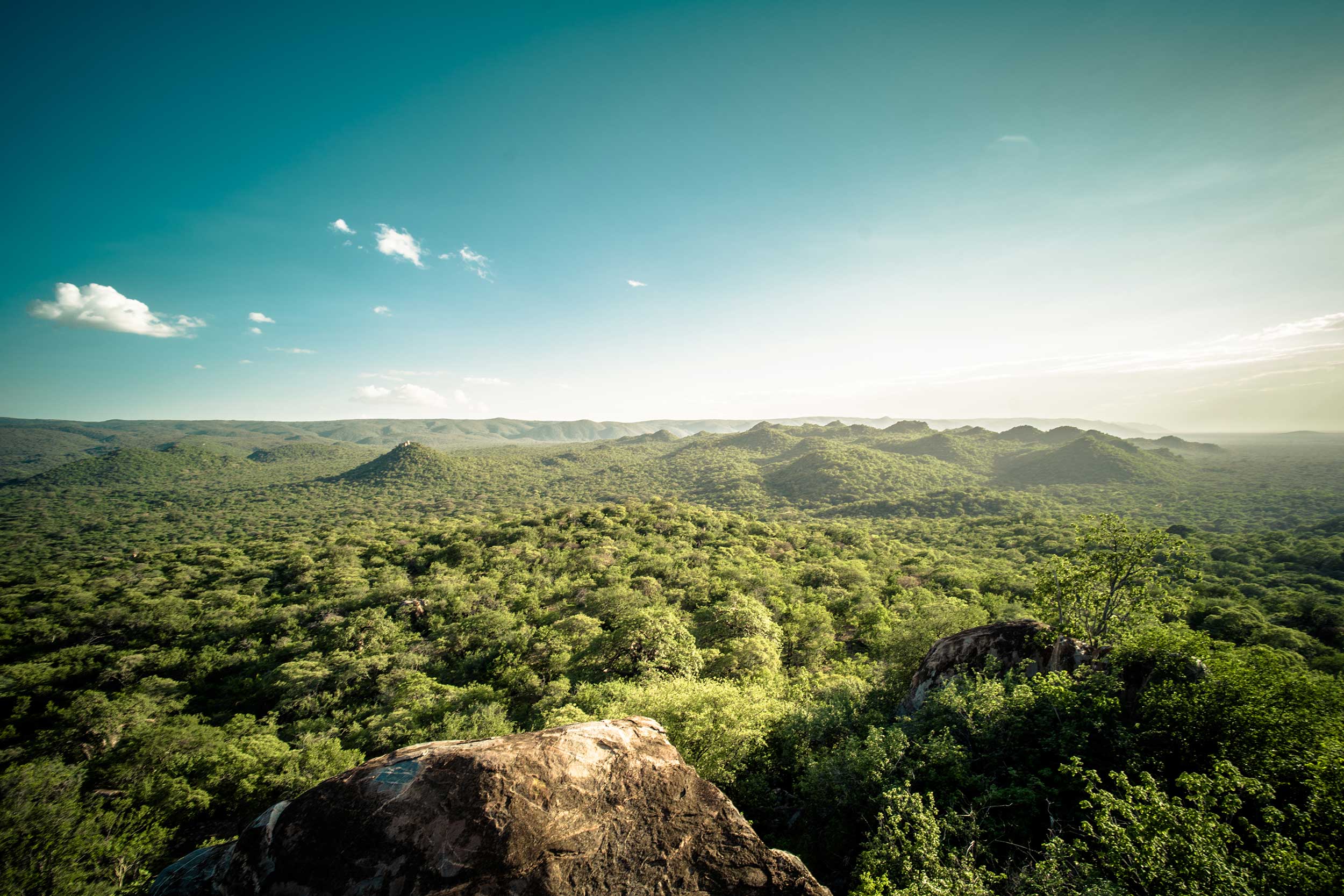
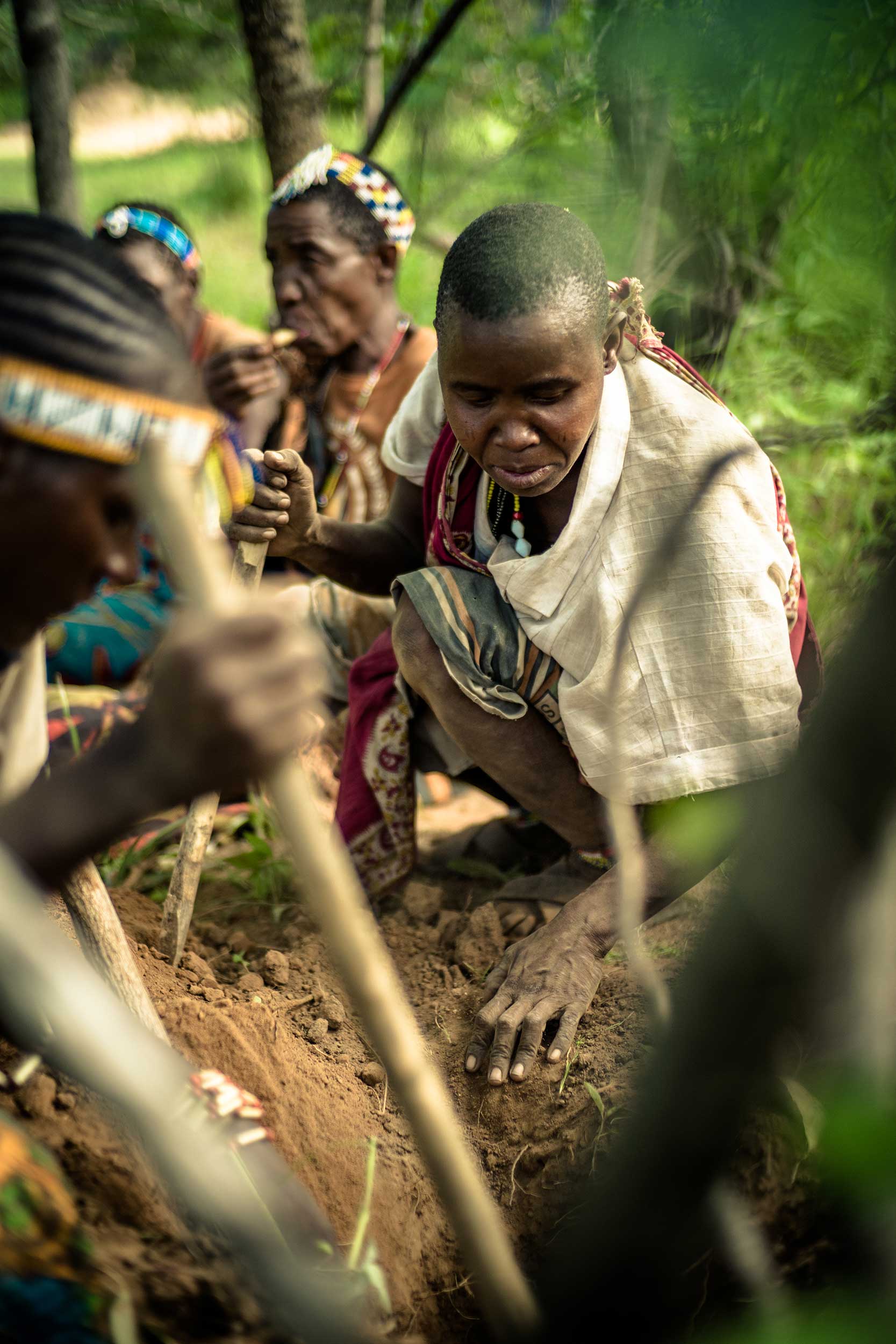
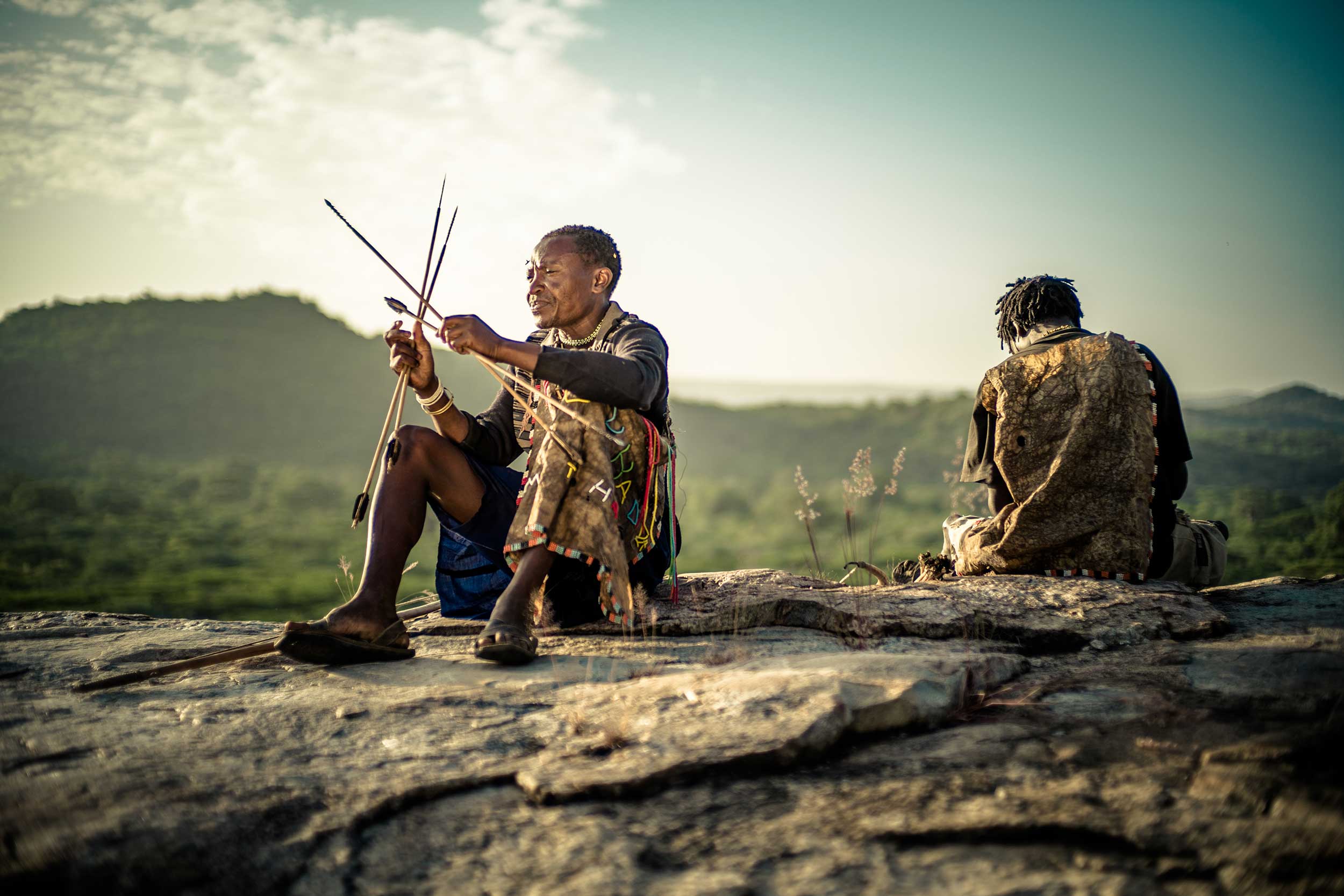
Next stop on our road trip was Dodoma. Although it is far from being the largest city in Tanzania, Arusha and especially Dar Es Salaam dwarf it, it is the official capital. Albeit the ‘administrative’ capital, since the other aforementioned cities play a much bigger role and are miles ahead when it comes to urban development and economy. In Dodoma, however, we visited the only wine house of the country. We tasted Tanzanian red and white wines and were told that soon a sparkling wine would join their range. The wines were delicious but what was especially unique was having a vineyard amidst Baobabs, palm trees and acacias.
Our visit in Dodoma was quite short since we were expected at The Old Farm House in Iringa, a big and beautiful city right in the middle of Tanzania. As the name suggests it is an old farm but they also offer the possibility to spend the night however luxuriously you want, ranging from putting up your own little tent on the property to enjoying some pampering and comfort in your own cottage. The farm itself is called Kisolanza and is a fully working agricultural operation with large herds of cattle and sheep and where a wide range of vegetables and flowers are grown. Everything that is cultivated on the farm can end up on a plate in the exceptionally good restaurant of The Old Farm House. If you are ever in these neck of the woods, we can only recommend you’d visit this place!
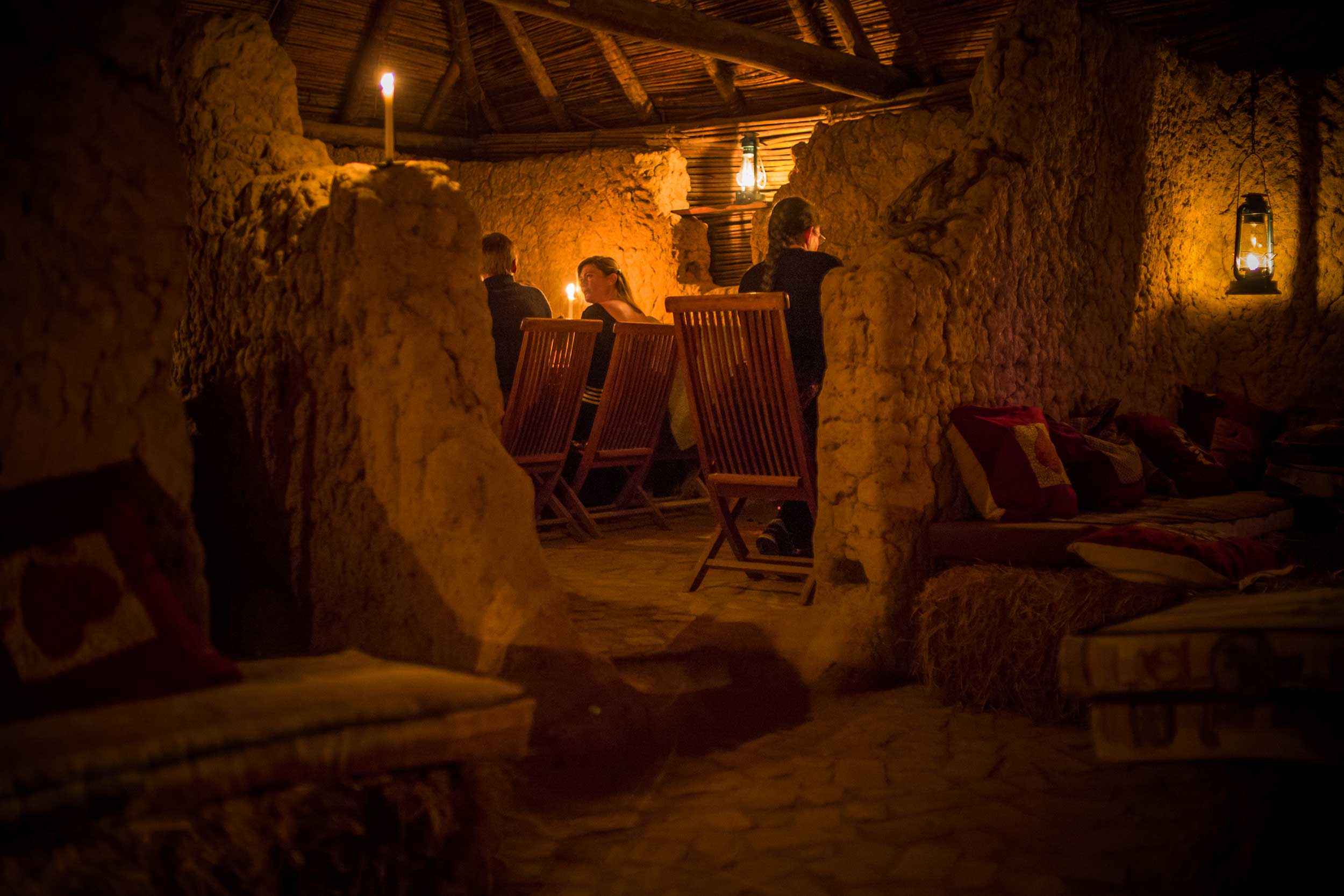
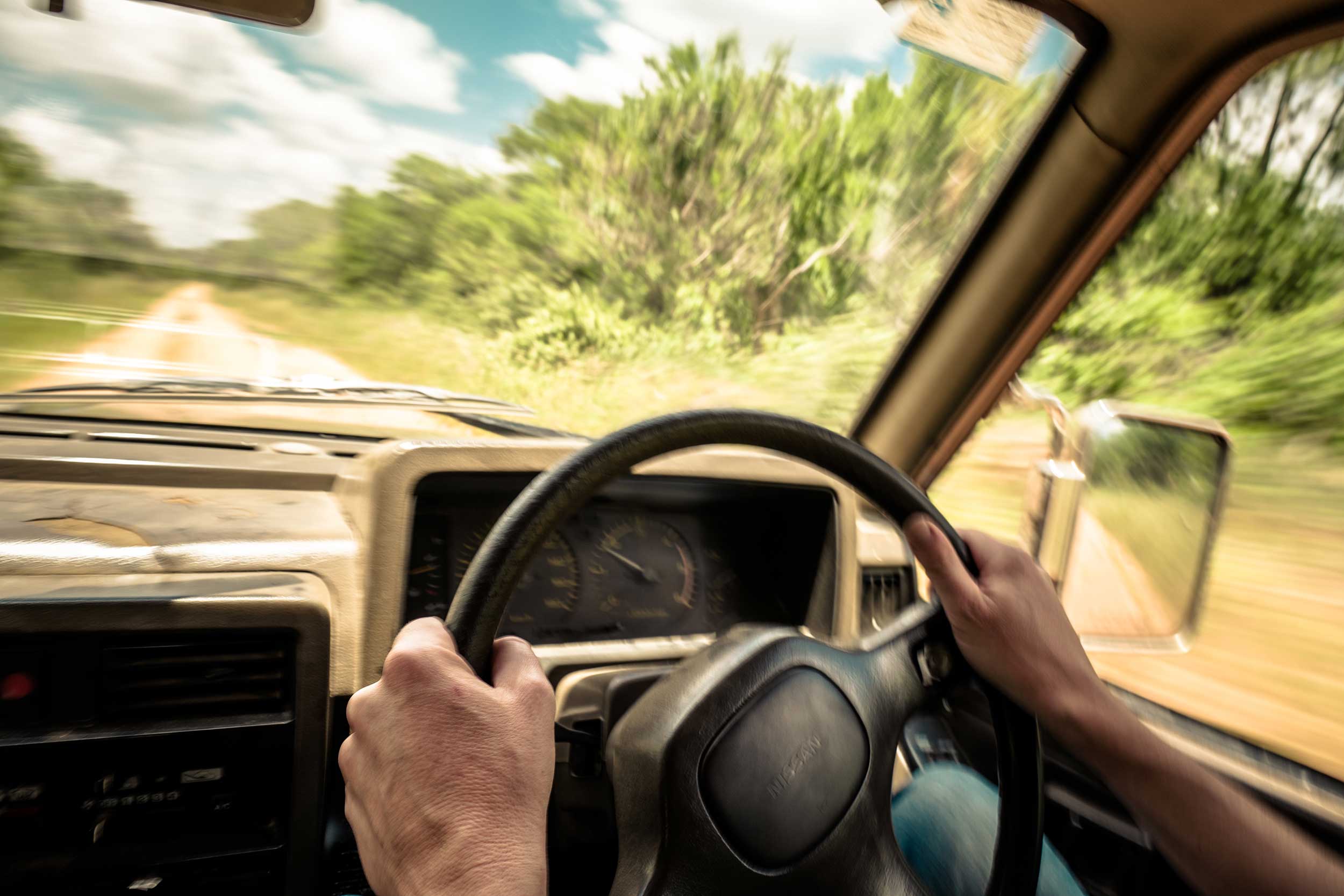
From Iringa it is a 130 km drive to Ruaha National Park which is the largest of Tanzania. Most travelers choose the parks of the North like Serengeti, Manyara, Ngorongoro or Tarangire since they are all close by to each other.
Of course this makes sense, since it offers the possibility to see more wildlife in a shorter amount of time.
It is still a minority of people travelling to Tanzania that choose to go South. Which is a shame because Ruaha is mind bogglingly gorgeous. Very quiet, an amazing array of fauna and flora and the animals are a bit ‘wilder’, people and camera shy if you wish, since they are not used to rows of vehicles with humans staring at them. With its pureness and rawness Ruaha seems to take you back to prehistorical times. This is not a coincidence since it is the consensus amongst scientists that this is the cradle of mankind. The well preserved artefacts and bones (due to this being a highly active volcanic region), the secrets of our ancestors were uncovered here. We were catapulted back to Paleolithic times and saw rock paintings and fossils of our forefathers. It all started here. In a way, but we admit you would have to climb quite a bit up your family tree, we all come from this place. Take some time to process that. This pristine piece of Tanzania is a true hidden gem and is probably the first of many explorations we plan to make in Southern Tanzania.
